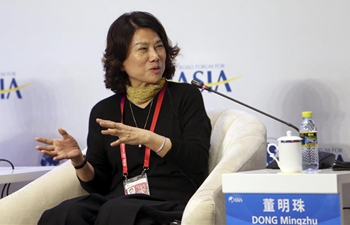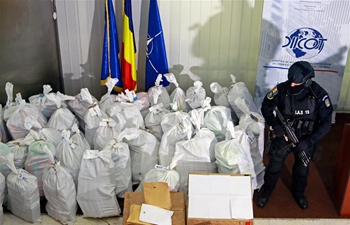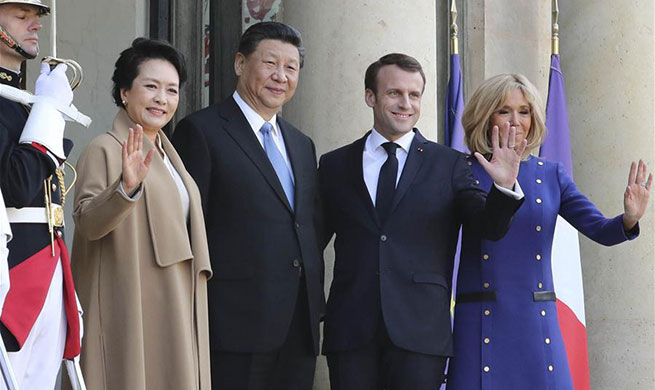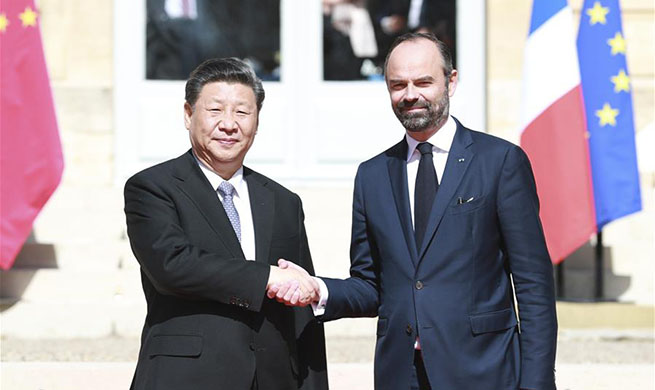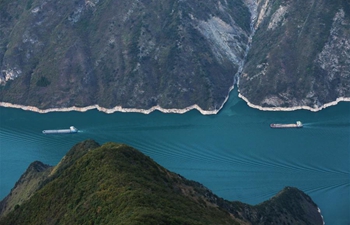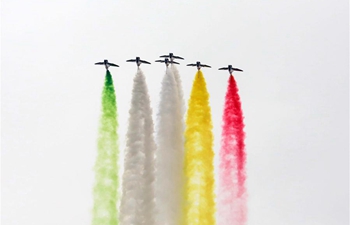MOGADISHU, March 27 (Xinhua) -- Somali and African Union forces wrapped up a two-day conference in Mogadishu on Wednesday aimed at enhancing intelligence sharing to help flush out terrorist groups in the Horn of African nation.
The meeting, organized by the African Union Mission in Somalia (AMISOM) called for strict vigilance and enhanced collaboration among various security actors in Somalia to defeat the armed insurgency in the country, the AU mission said in a statement.
In his closing remarks, AMISOM's chief military intelligence officer, David Obonyo, urged stakeholders to forge closer working ties for efficient intelligence sharing mechanisms.
"It will be important going forward to consistently liaise with Somalia's National Intelligence and Security Agency (NISA) and other security institutions within the country, to be able to get factual information," Obonyo said.
He emphasized the importance of systematic sharing of intelligence in defeating al-Shabab and other armed groups which have been terrorizing Somalis.
"To do that, to degrade the enemy, the information or intelligence that we share must be timely, accurate and actionable," he added.
The conference, the fifth of its kind to be held in the country discussed the dynamics in intelligence gathering and how it impacts on Somalia's security.
It brought together AMISOM's military intelligence officers from all sectors, representatives of the Somali National Security Forces and other key stakeholders.
Nakibus Lakara, AMISOM's deputy force commander in charge of operations and plans noted that the presence of Islamic State in the Horn of Africa called for improvement in intelligence gathering methods and heightened vigilance.
The top military official urged stakeholders to forge closer working ties to defeat the armed insurgency in Somalia.
"Most often than not, situations where stakeholders or entities keep information to themselves, creates gaps," he noted.
"If you look at all the cases where there has been failure to stall or mitigate terrorist threats, it is because one entity kept information to themselves," Lakara added.
He noted that its was necessary to create networks amongst key stakeholders in the intelligence community through liaison; through a common understanding of the security; of the threat environment, including the human terrain.
